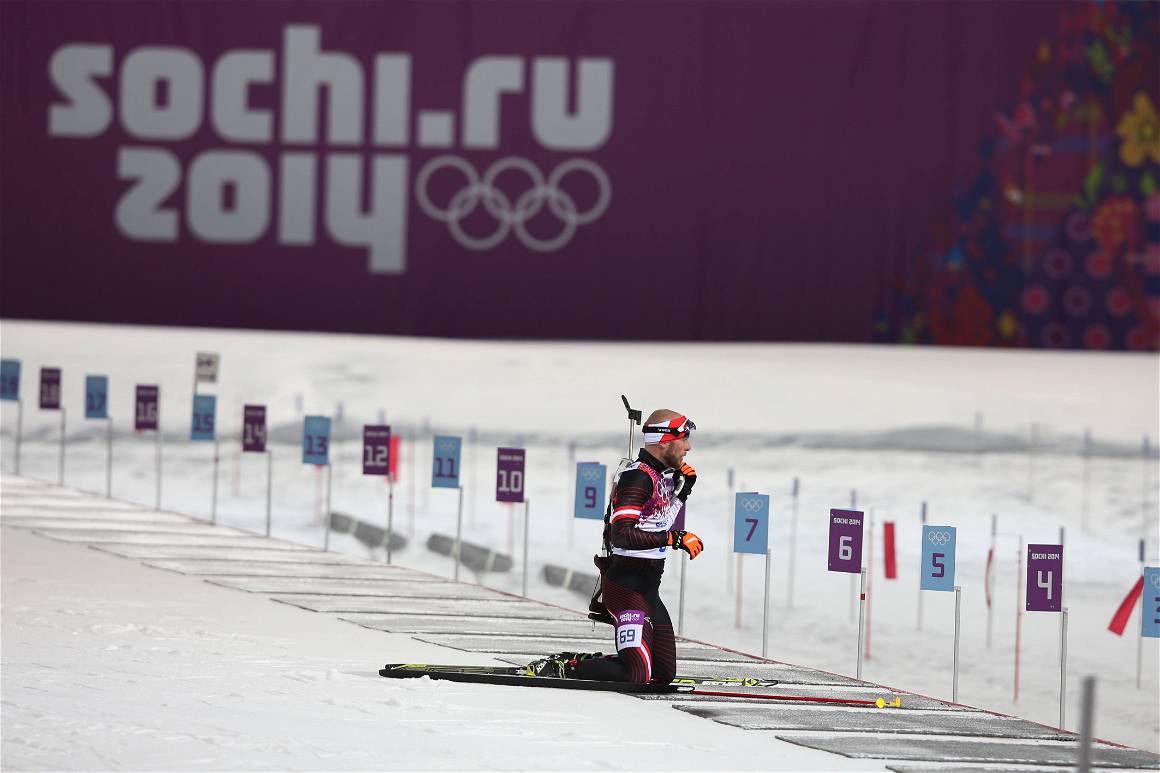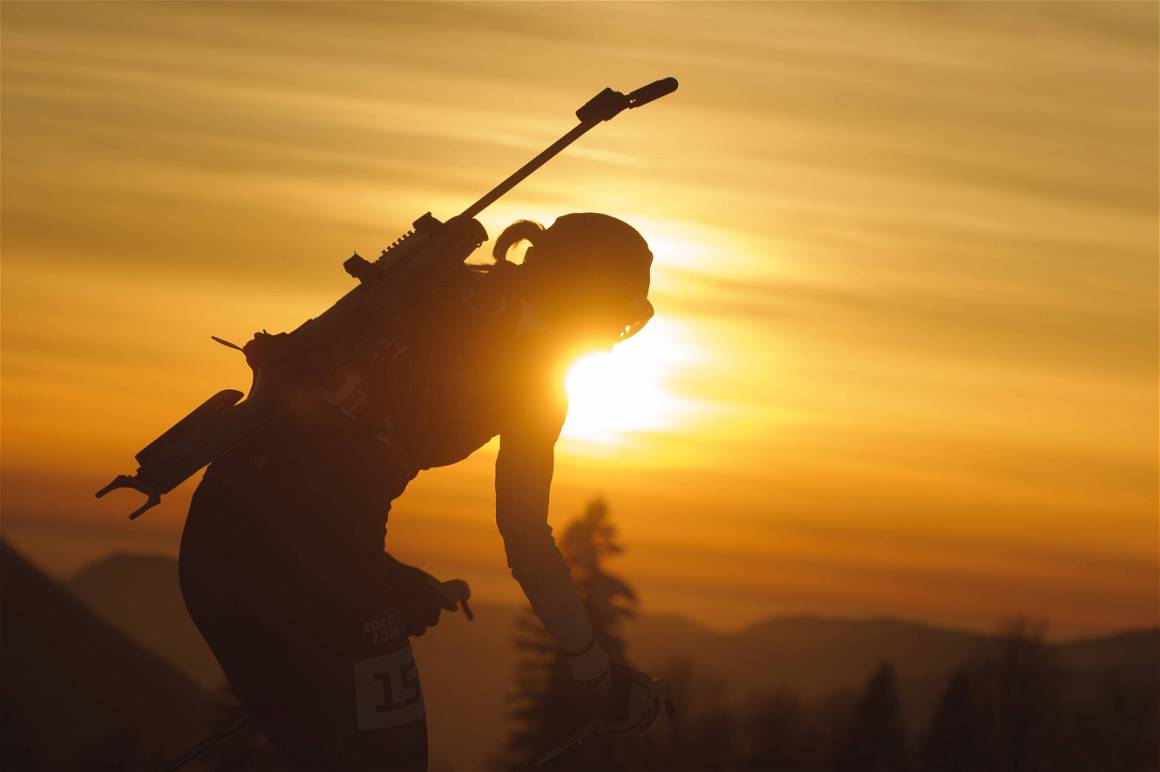IMAGO photographer Sammy Minkoff has photographed everything from Bob Marley concerts, the Bundesliga to political press conferences, but his specialty lies in the snow. Having documented several Olympics, he shares his experiences photographing the biggest event in winter sport.
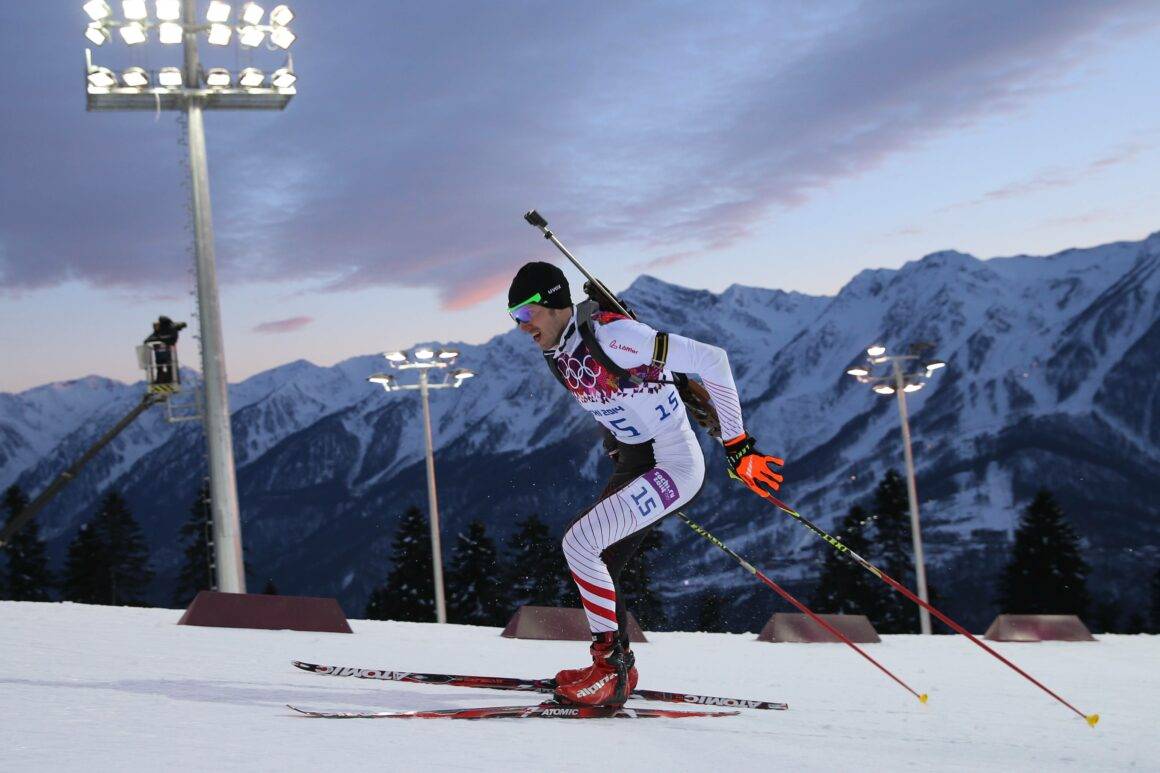
The good, bad and ugly of Olympic photography – an interview with Sammy Minkoff
Sammy Minkoff did not have an easy introduction to the Olympics – his first time as a photographer was during the 1972 Munich Games during which he spent five hours sitting in a tree observing what was known as the Munich massacre. Members of the terrorist organization Black September had shot and killed two Israeli athletes and taken nine hostage in the Olympic Village. But Minkoff did not always have a thirst for danger. Starting off as a photographer for a ski magazine and making his way through almost five decades of photographing the Olympics, his archive is as endless as his insight into the hectic art of sports photography.
IMAGO spoke to Minkoff about his career, the Olympics and everything that comes with it.
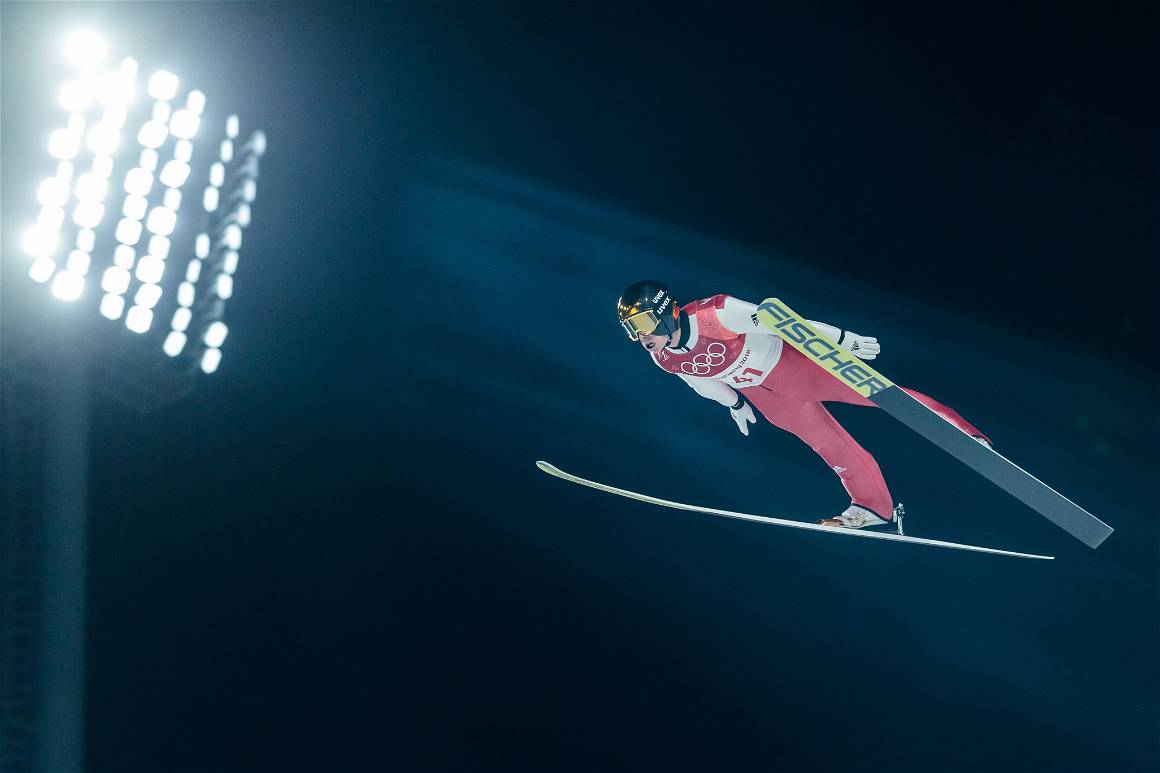
How many Olympics have you photographed, and what initially brought you to photograph winter sport?
All together I took photos during 19 Olympic Games – the first were Munich 1972 – the last were Pyeong Chang 2018. In 1978 I went to a sportshop to buy some things and met a colleague of mine. He said he is working for a ski magazine as a writer and they are looking for a photographer who likes sports and travelling. I introduced myself to the editor in chief and got the job (on a freelance base).
I liked my work, and because they mainly took my pictures for the magazine, they were seen by the advertising people of most ski companies. After a short while they bought my pictures from all world cup events, later from the Ski World Championships and the Olympic games. I was happy that I had such success with my pictures that I stayed with winter sports – mainly ski events – Alpine, Cross country, Ski Jumping and Nordic Combined. All together I went to 19 Ski World Championships.
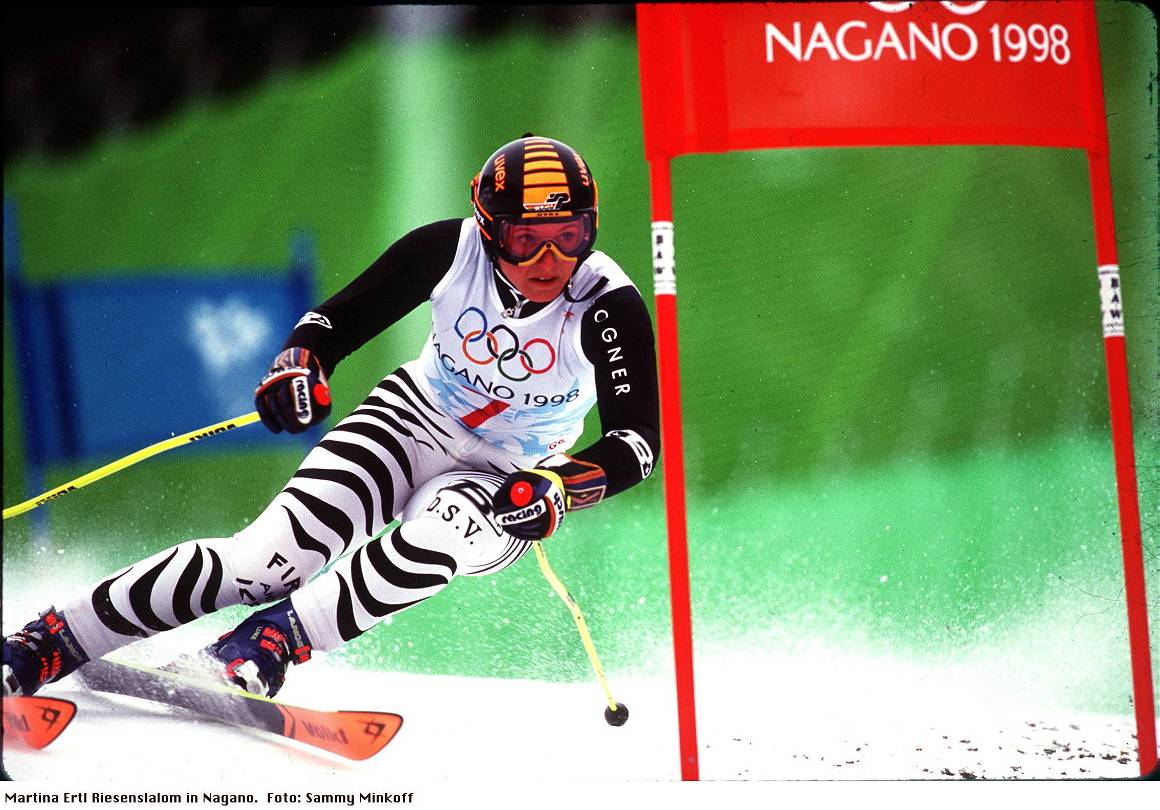
You focus mostly on skiing, but you have also photographed podium events, opening ceremonies, conducted photoshoots with stars like Sven Hannawald and attended the Waldy & Harry TV show, for example. With everything going on, what is personally your favourite and least favourite aspect of the Winter Olympics?
During the Games you meet a lot of people, especially the athletes in a private setting in the evening in the German and Austrian houses.
What I hated were the unnecessarily strict rules where that made it difficult to work. And the worst thing was that there were always reserved photo positions for bigger agencies which were always taken for so-called ‘priority photographers’ who were watching ski jumping for the first time in their life, and they had the best positions. People like me who went to all ski jumping events during the season suddenly were standing far away from the ski jumping hill – just because they did not know the right people in the organizing committee.
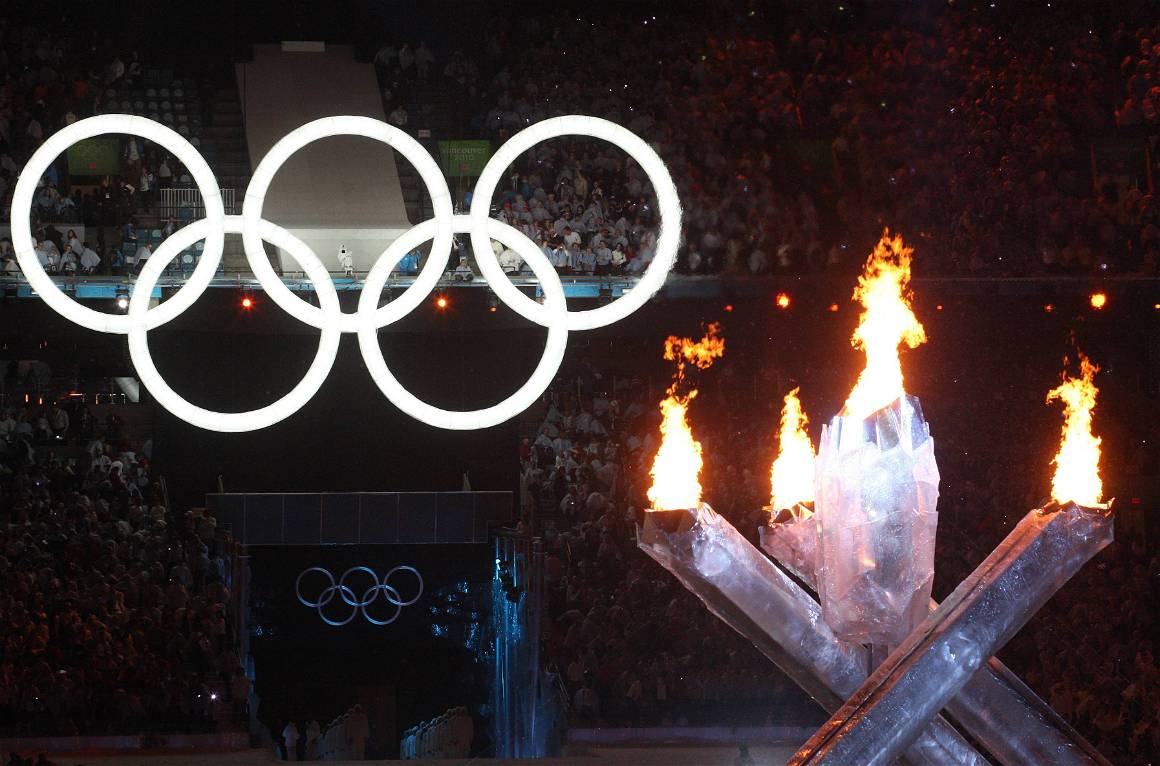
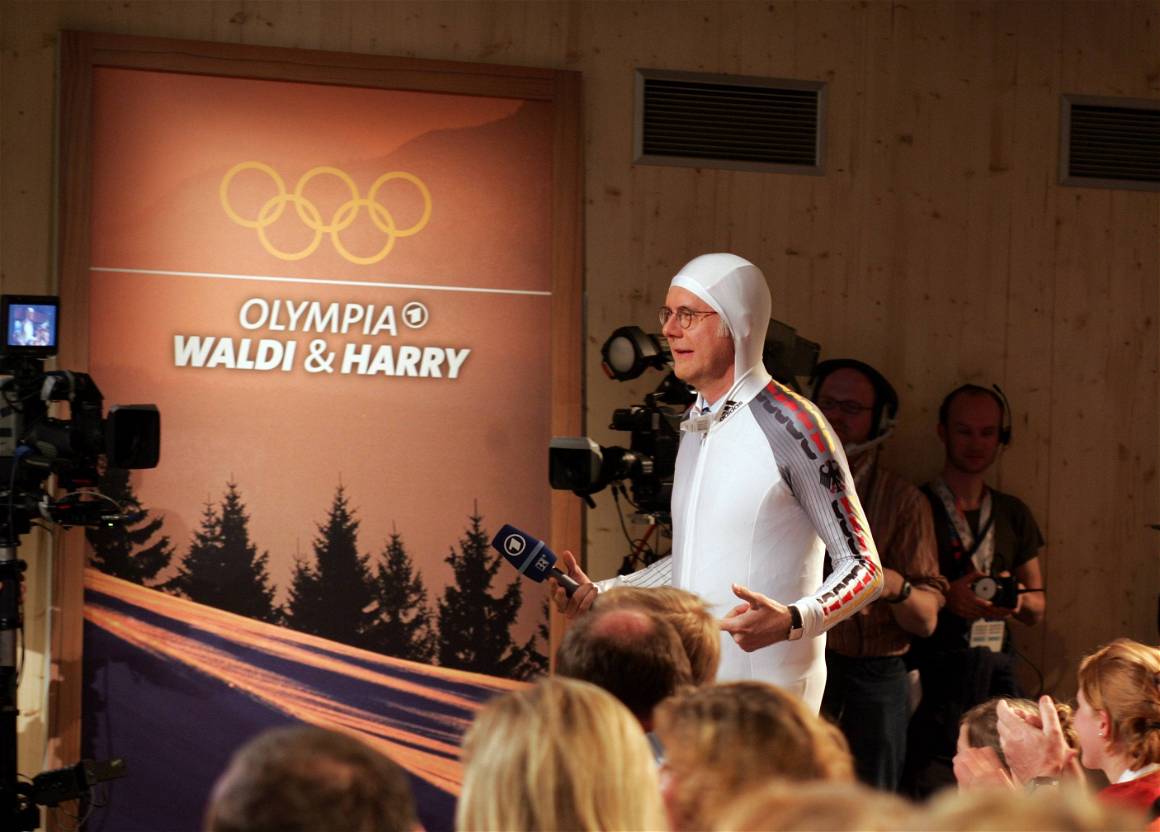
I am curious about the logistics behind choosing events to photograph. Can you walk me through the process of being a photographer at the Winter Olympics? What does a normal day look like for you?
First you must get credentials. It is not that everybody who wants to go to the Olympics can apply for credentials. You must be a member of the national sports press association and also be a member of the AIPS, the international Sports Press Association. About 18 months in advance the National Olympic Committee asks who wants to come. The problem is that there is a special quota on how many from each country can participate. This depends on the number of athletes a country sends to the Games. So a small country like Austria normally does not get more than 5 or 6 photographers to the Games. Germany always sends a huge number of athletes, so they normally get around 35 photographers to the Olympics.
But normally there is a demand of at least 100 photographers. Now the National Olympic committee together with the National Sports Association decide who gets the tickets. The next problem is the Hotels. The closer they are to the events the more expensive they are. And you have to pay the room charge at least 9 months in advance.
Now when I am at the Games, I decide every day which event I will go to. This depends on the chances the German athletes have on a specific event. For example if there is Cross Country and Alpine Skiing, I would choose Alpine because there we have more chances to get a medal. It is always easier to sell their own athletes.
Sometimes events are at the same time or they are so far apart that you have no chance to make it. Transportation is always a big problem. With the buses you lose hours of waiting. To rent a car is normally very expensive. But that is not all. At the event you need a parking place, because you go to different events you need more parking spaces and they charge you for every place. In Nagano (1998) I paid over 2.500 Marks just for parking. This is in my opinion outrageous.
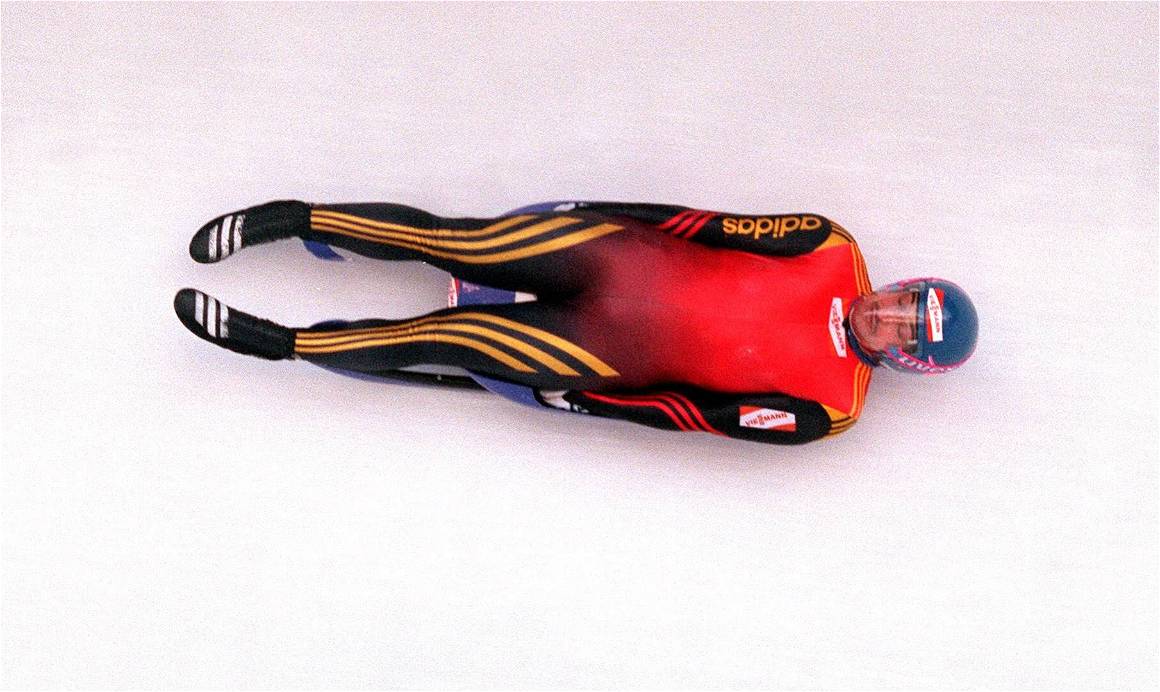
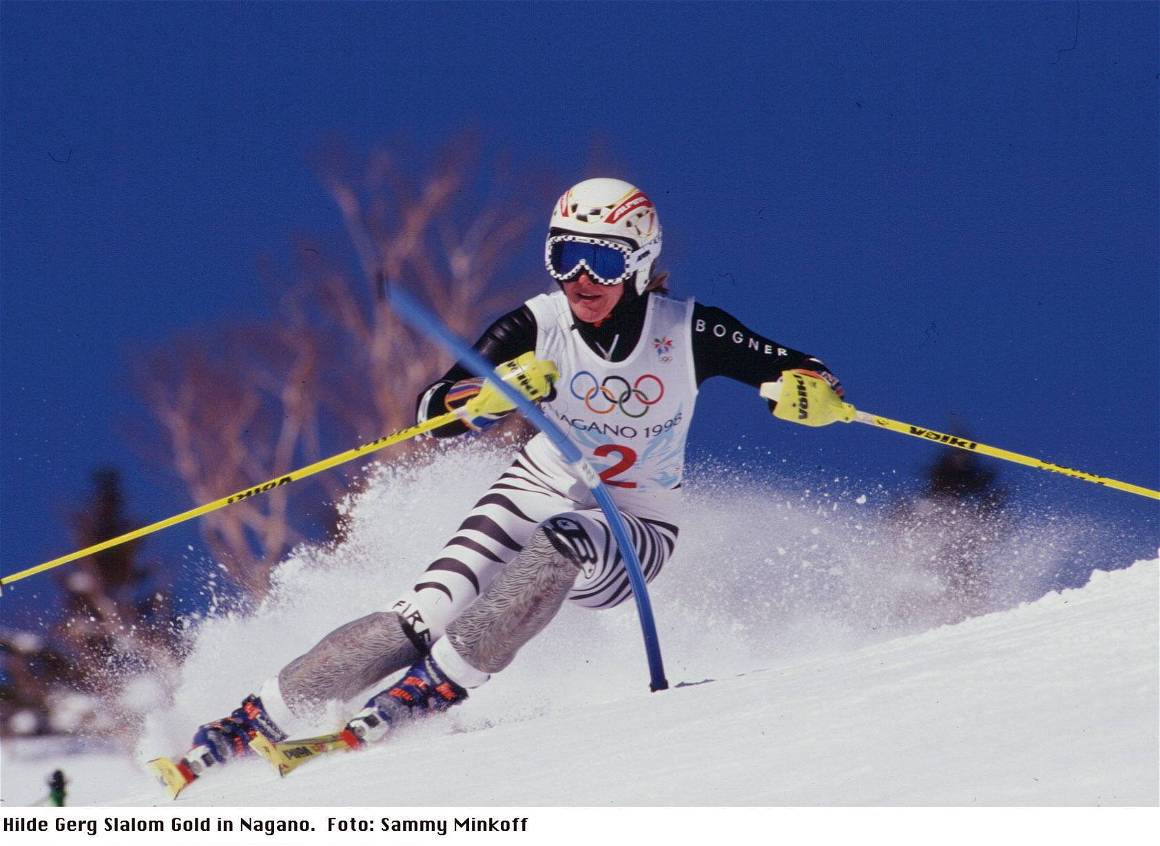
What are a few specific moments throughout your career that you will always remember?
My first Olympics in 1972 in Munich: A friend of mine called me in the early morning and told me that an Arab had shot an Israeli athlete in the Olympic village. I was shocked and could not believe it. I took my cameras and drove to the Olympic village. I tried to get as close as possible.
There was a tree not far from the building where the terrorists were. I climbed up the tree and observed the whole scene when the terrorists were negotiating with the Munich police and later with the German foreign minister Mr. Genscher. I was sitting for 5 hours in the tree. Later I heard that they flew them by helicopter to the Fürstenfeldbruck airport. This was the moment when I decided to drive home and not to go to the airport. That is probably the reason why I am still alive. I will never forget this situation.
In relation to what was known as the Munich massacre, when members of the Palestinian terrorist group Black September attacked members of the Israeli Olympic team, and the armed assault on the Fürstenfeldbruck airport which followed.
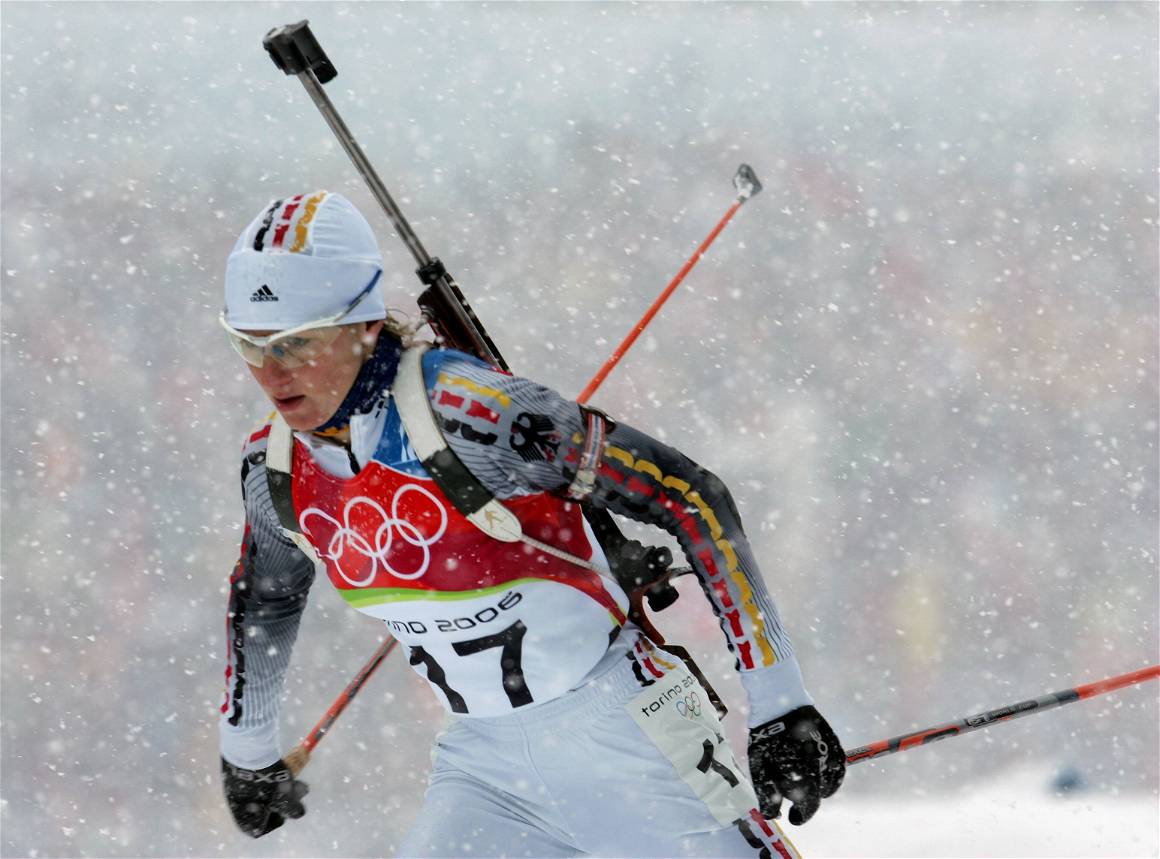
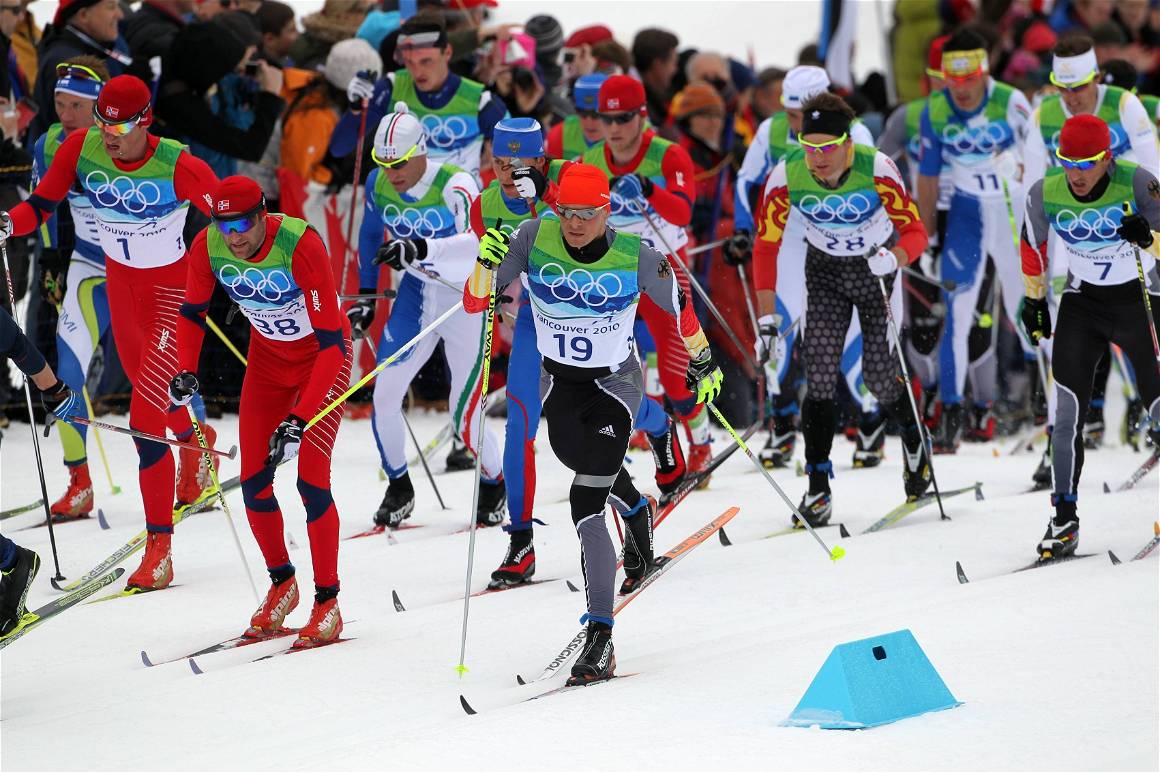
What do you make of the discussion surrounding diplomatic boycotts of Beijing 2022? Will you be attending?
I would support a boycott of the Games in Beijing. I am not afraid of getting infected, but there are so many restrictions that you will be treated like a prisoner. I do not have to go there to earn money and I have no obligations to a special customer. I am really glad that I have decided to stay home.
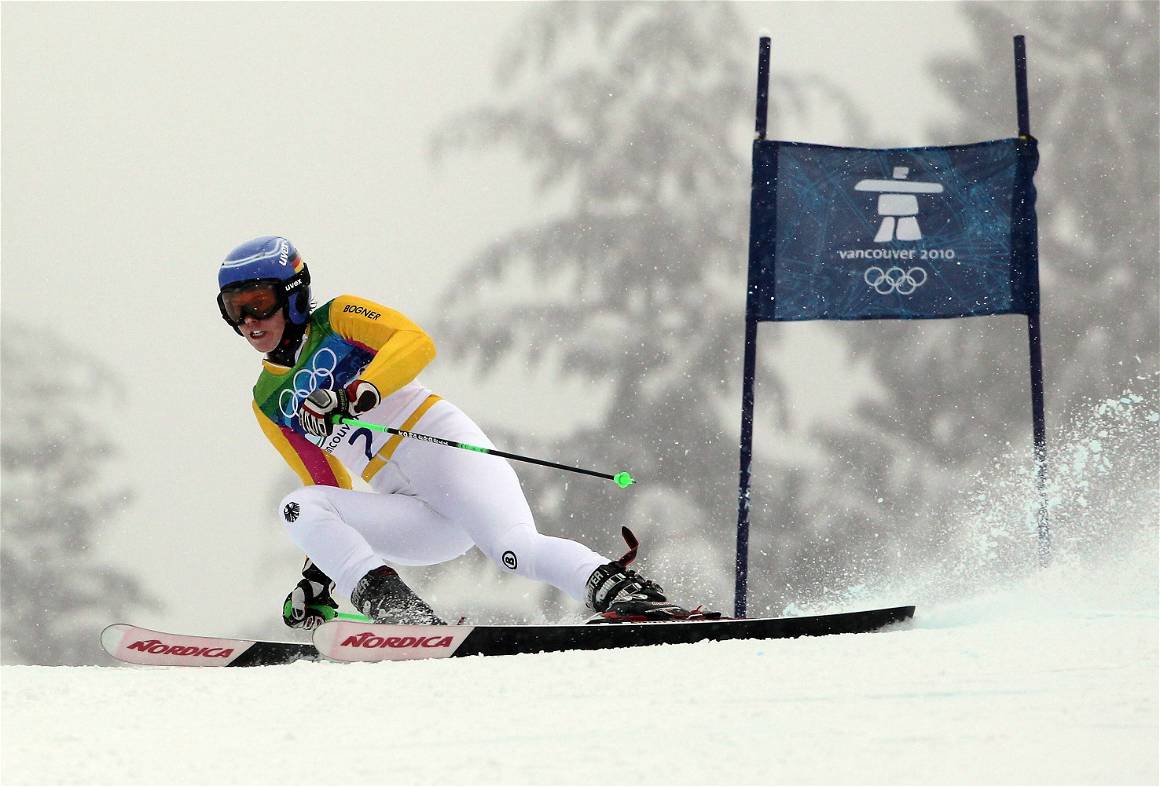
Is there anything else you would like to add?
The Olympic Games are always the most stressful every 2 years. During world championships you have only one event a day and during the Olympics you normally have multiple events a day. You try in the morning Alpine skiing, in the afternoon a nordic event and in the evening you go to ice hockey, ski jumping or figure skating. In between you have to work on your pictures. My Olympics became better when I decided to do only one event a day. After the Olympics I was really exhausted. That is also a reason why I am glad that the Games will take place without me.
